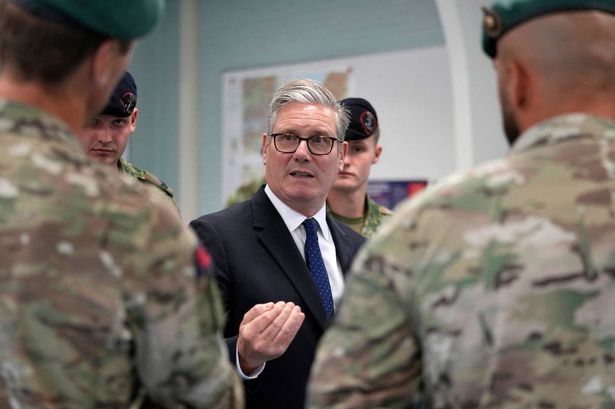
The Importance of Keir Starmer’s Stance
As the leader of the UK Labour Party, Keir Starmer’s positions on international conflicts are crucial not only for his party’s identity but also for the wider implications on UK foreign policy. The ongoing war in Ukraine has become a central focus for many politicians in Britain, and Starmer’s responses indicate his approach in navigating these tumultuous political waters.
Starmer’s Early Responses to the Ukraine Conflict
In February 2022, shortly after the onset of Russia’s invasion of Ukraine, Starmer was quick to condemn Russia’s actions, calling it an act of aggression. He emphasised the need for immediate support for Ukraine, advocating for sanctions against Russia and military assistance for the Ukrainian forces. His early responses positioned Labour as a party of decisive action, contrasting with perceptions of the Conservative government at the time.
Criticism of Government Action
Starmer has frequently challenged Prime Minister Boris Johnson and his successors on their handling of the war, particularly regarding military aid and the UK’s response to the humanitarian crisis. He has been vocal in his support for increased military supplies to Ukraine. During a speech in Parliament, Starmer stated, “The UK must stand firm against tyranny and support our allies in their fight for sovereignty and democracy.” This assertive rhetoric underlines Labour’s commitment to European unity and collective security.
Impact on Labour’s Electoral Strategy
Starmer’s stance on the war in Ukraine also plays a critical role in Labour’s electoral strategy. By aligning his party with the support for Ukraine, Starmer aims to appeal to a broad base of voters concerned about international security and humanitarian issues. In recent polling, Labour’s strength on foreign policy has been highlighted as a key issue for voters, with Starmer’s leadership gaining traction among those who prioritise strong international alliances.
Conclusion: The Long-Term Implications
As the conflict in Ukraine continues with no clear end in sight, the strategy adopted by Keir Starmer could significantly shape the political landscape in the UK. His robust approach strengthens Labour’s identity as a party willing to take a stand on international issues, potentially influencing public opinion ahead of the next general election. Looking ahead, Starmer’s ongoing support for Ukraine will likely remain a touchstone for his leadership, reflecting both his party’s values and his vision for a more engaged and proactive UK on the global stage.
You may also like

Understanding the Current Political Landscape in the UK

The UKIP Party: Recent Developments and Future Outlook
